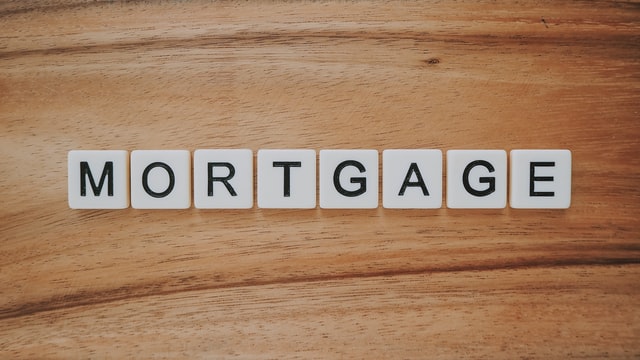A reverse mortgage is a type of mortgage that is secured against a residential property that can give retirees an added income, giving them access to the unlimited value of their properties. However, there are disadvantages to this approach, such as high fees and high interest rates, which can cannibalize a significant portion of the homeowner’s equity. Are all reverse mortgages FHA?
An FHA loan is a mortgage issued by a lender approved by FHA and insured by the Federal Housing Administration (FHA). FHA loans, designed for low or middle income borrowers, require lower minimum advances and credit assessments than many traditional loans.
How does the FHA loan work?
Starting in 2020, you can borrow up to 96.5% of the value of your home with an FHA loan (which means you’ll only have to make a down payment of just 3.5%). You must have a minimum credit rating of 580 points to qualify. If your credit score is between 500 and 579, you can still get an FHA loan as long as you can make a 10% down payment. For FHA loans, your down payment can come from savings, a financial gift from a family member, or an advance payment grant.
Over the past few years, the number of products on the reverse mortgage market has been limited to the government-insured HECM and a very small handful of other loans for people with homes valued at around USD 600,000 or more.
However, recent changes in the HECM Federal Housing Administration have prompted some lenders to re-take the opportunity to introduce huge new reverse loans that will give borrowers even more options when it comes to using their equity capital for retirement.

Reverse mortgage
The refinancing option has been designed for older homeowners with an existing reverse mortgage. Common reasons for refinancing are: taking advantage of the lower interest rate that has become available, adding your spouse to your mortgage, or accessing more cash when capital increases due to your home’s value increase. Any mortgage can be refinanced, and if you currently have an HECM, you can refinance it to another HECM, depending on the amount of capital remaining in your home.
Reverse single-purpose mortgages
If you’ve ever thought of alternatives to government-backed mortgages, you’ll be pleased to discover that not all types of loans are federally insured. This type of reverse mortgage is offered by some nonprofit organizations and some local and state government agencies and is intended to be used for one specific and approved purpose, such as home repairs or paying property taxes. Usually, only a small amount of equity is used, which reduces costs of this type. If you’re looking for the cheapest option, you’ll find it with inverted single-purpose mortgages. To locate reverse mortgage lenders for one purpose, investigate local aging agencies that should be able to tell if there are home repair loan programs in your area.
If you are low on cash, but reversing your mortgage seems like a hassle, there are other options such as selling your home and reducing it to smaller and cheaper excavations. Homeowners may also consider renting property, which alleviates the headaches associated with owning a home, such as property taxes and repairs. Other options include looking for home loans, home loan lines, or refinancing with a traditional term mortgage.














